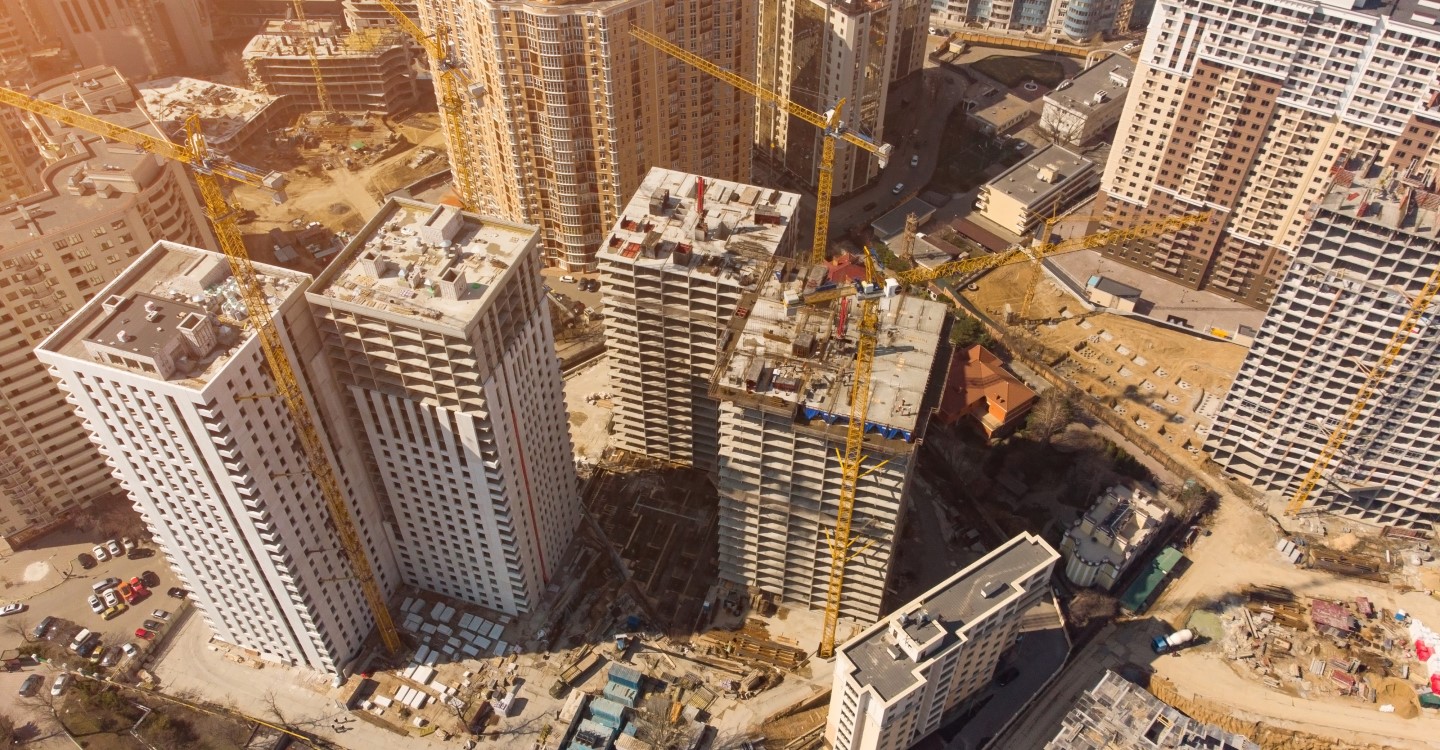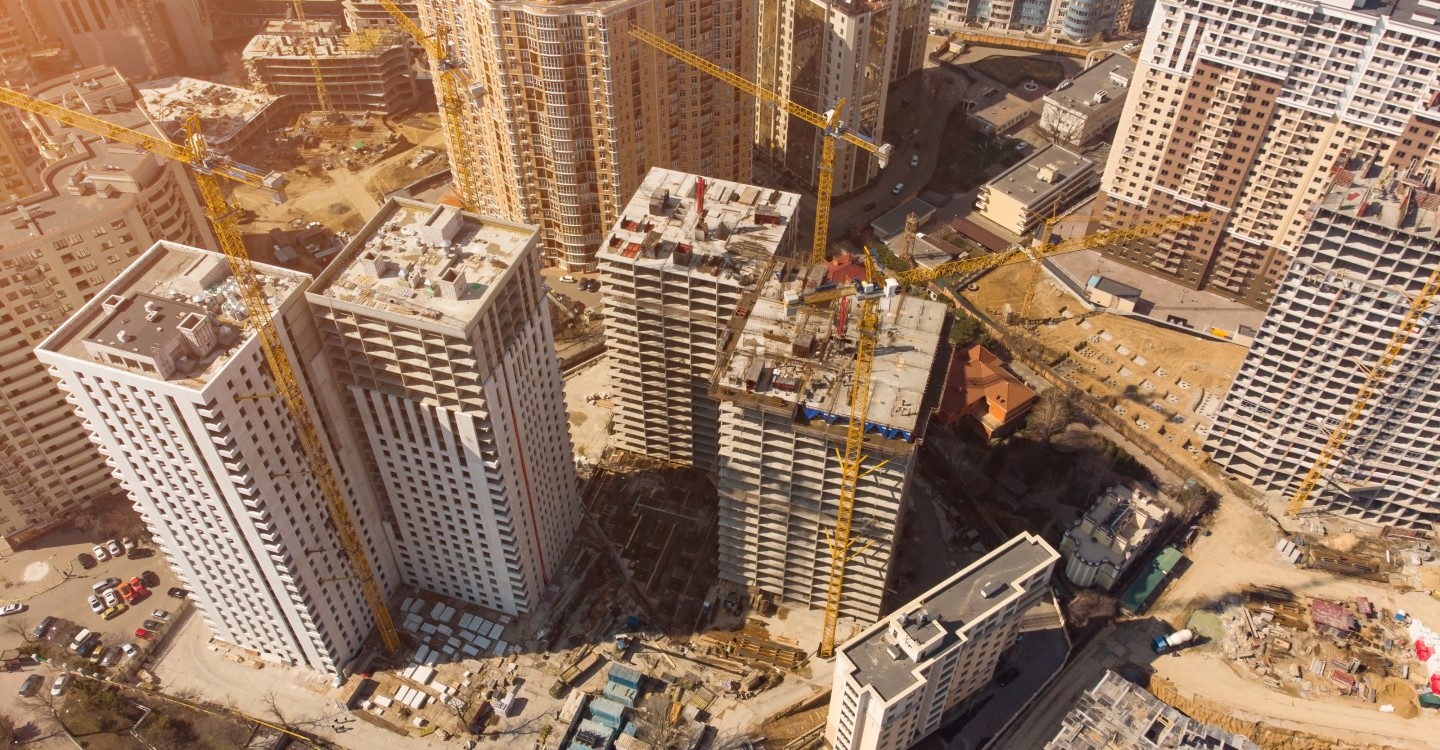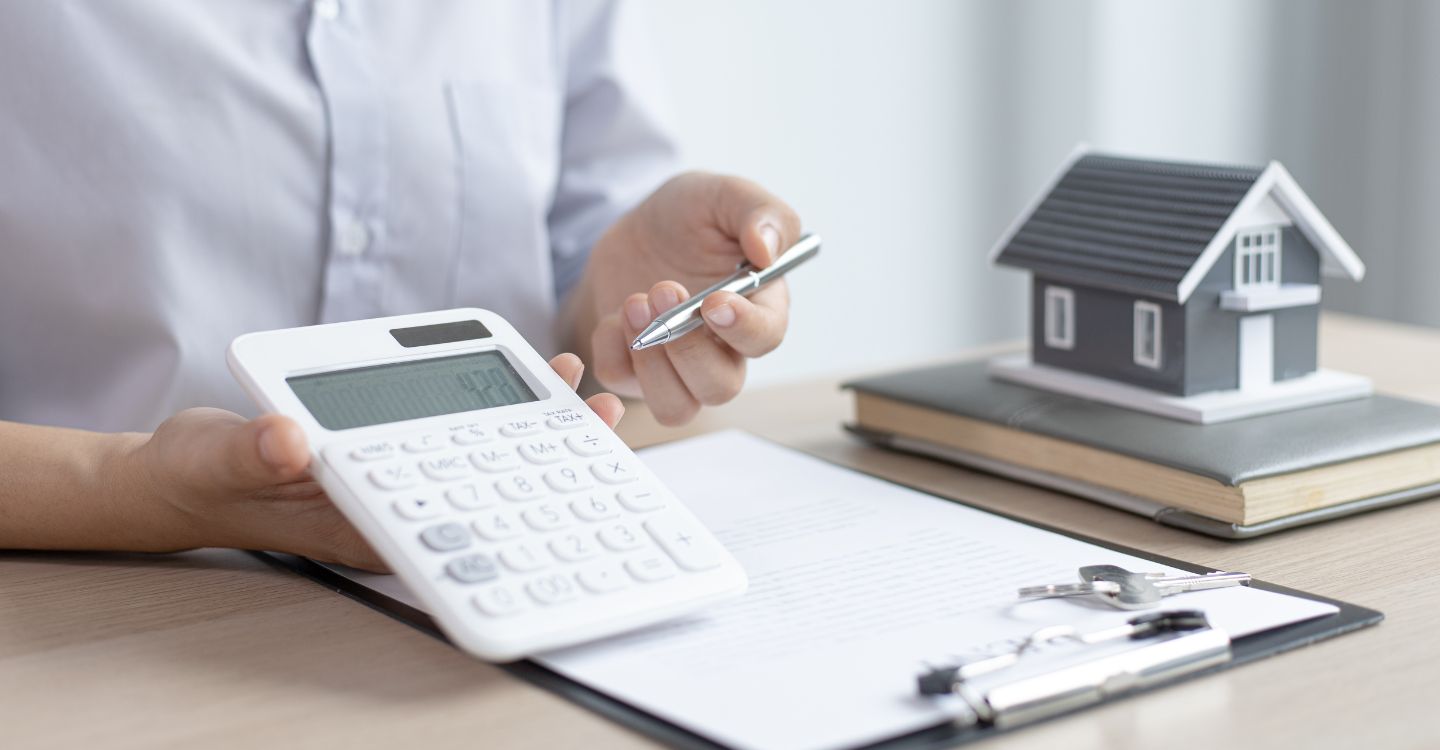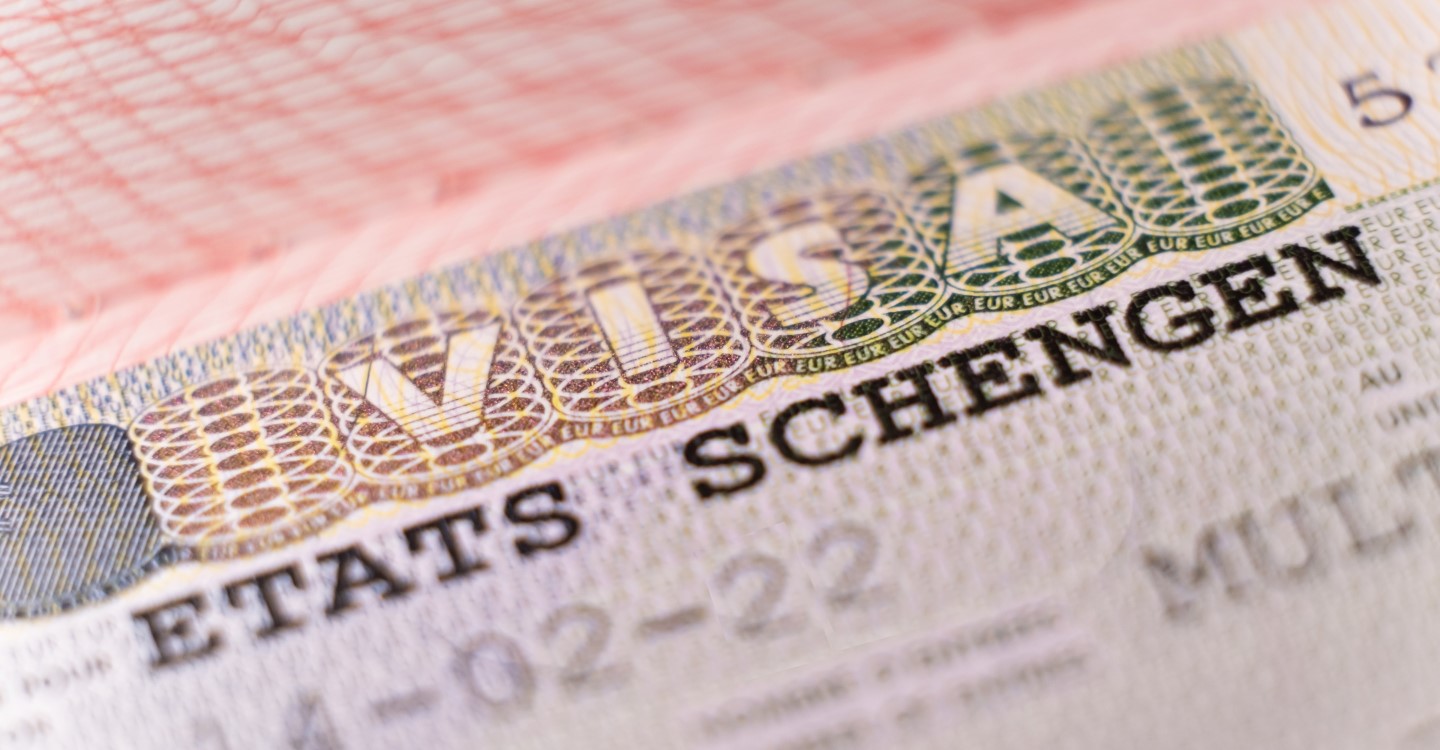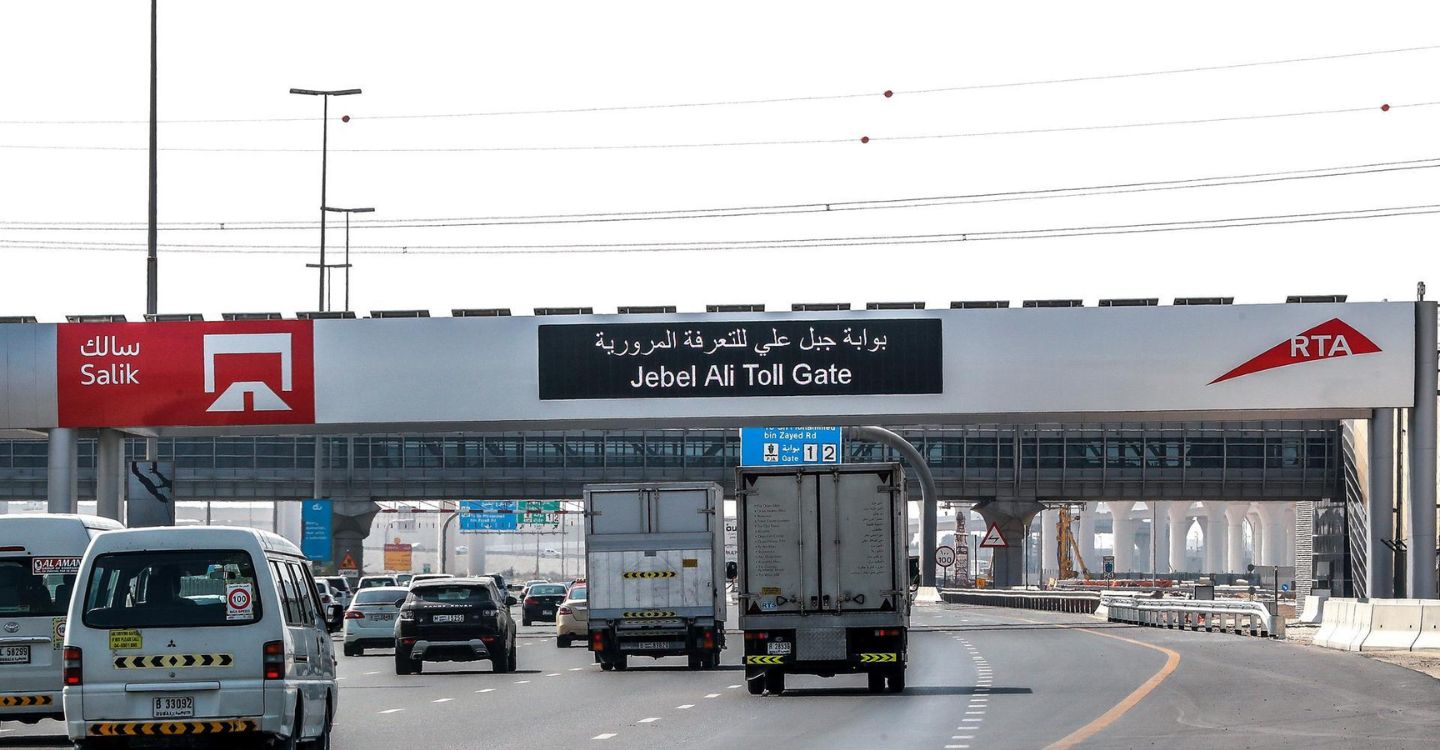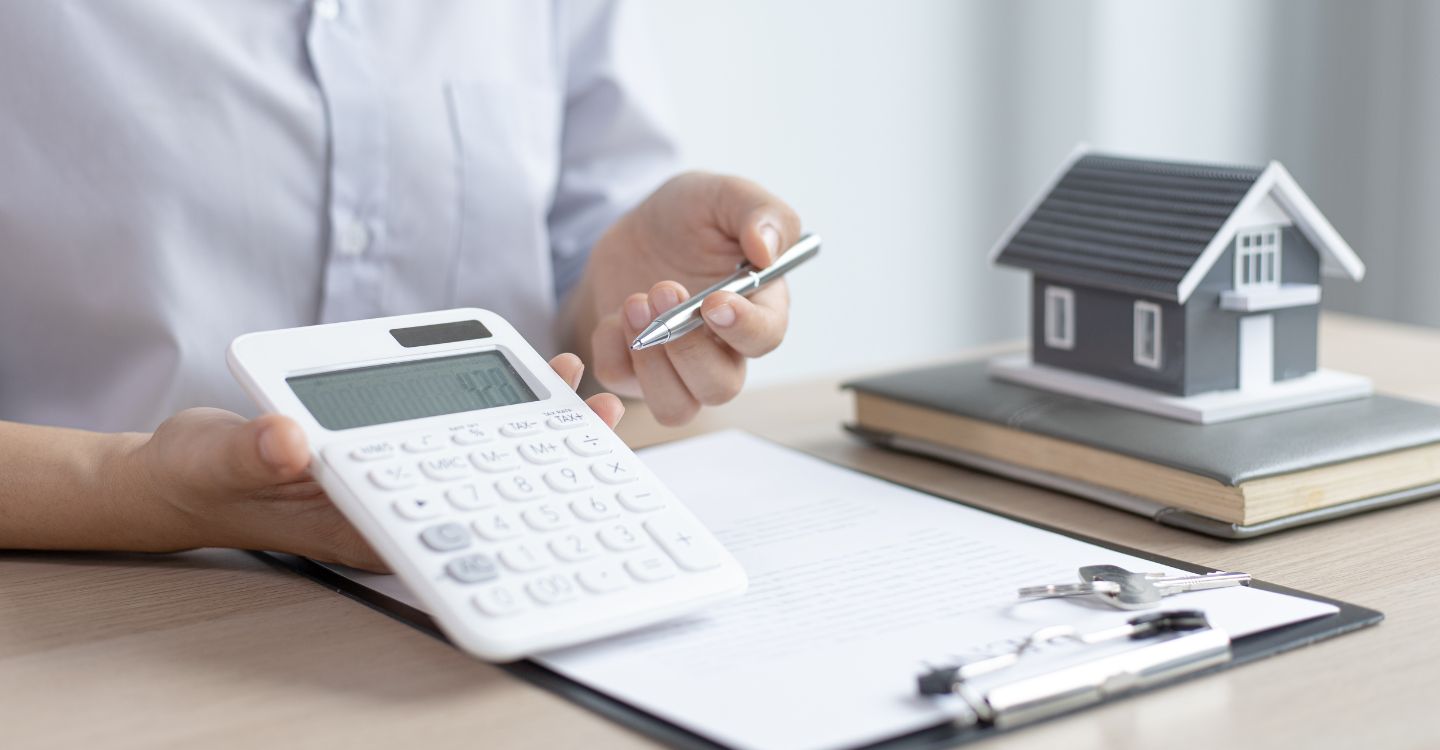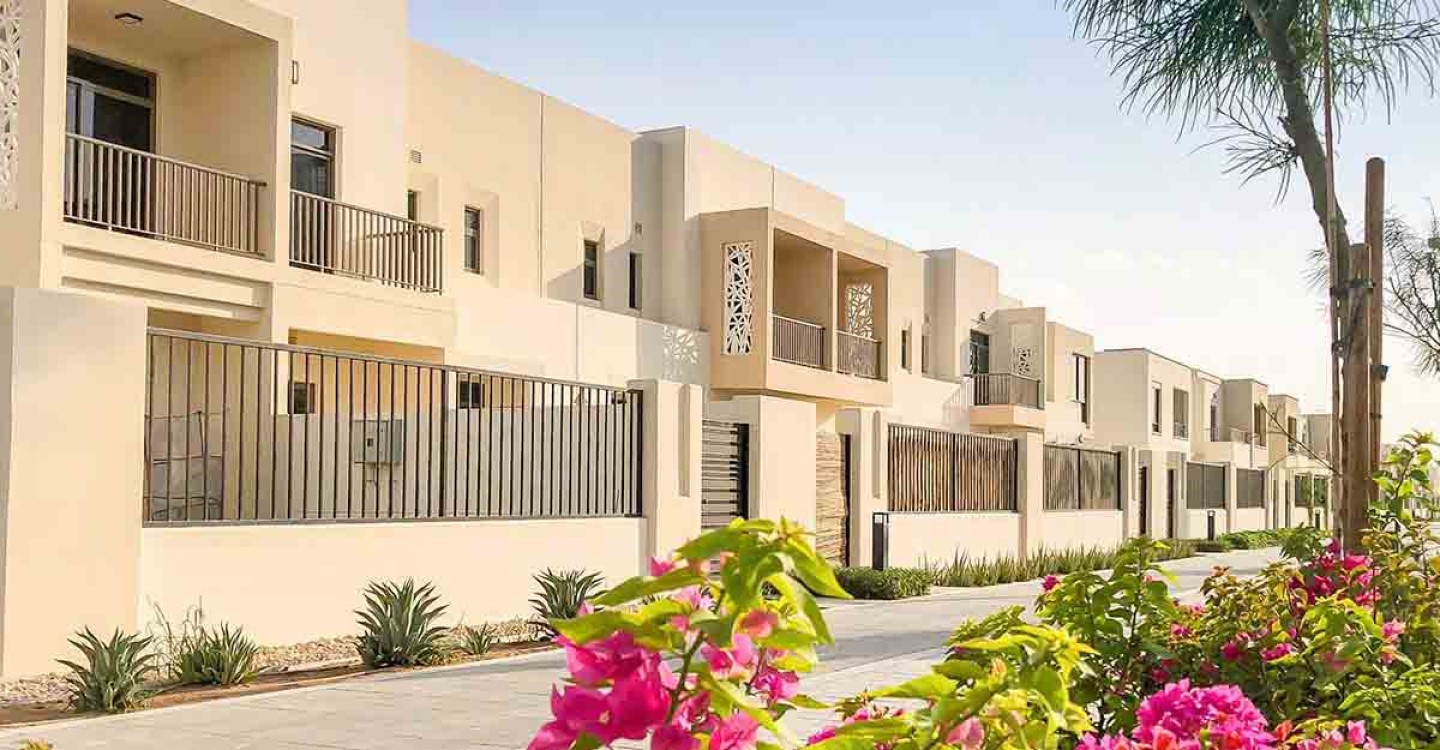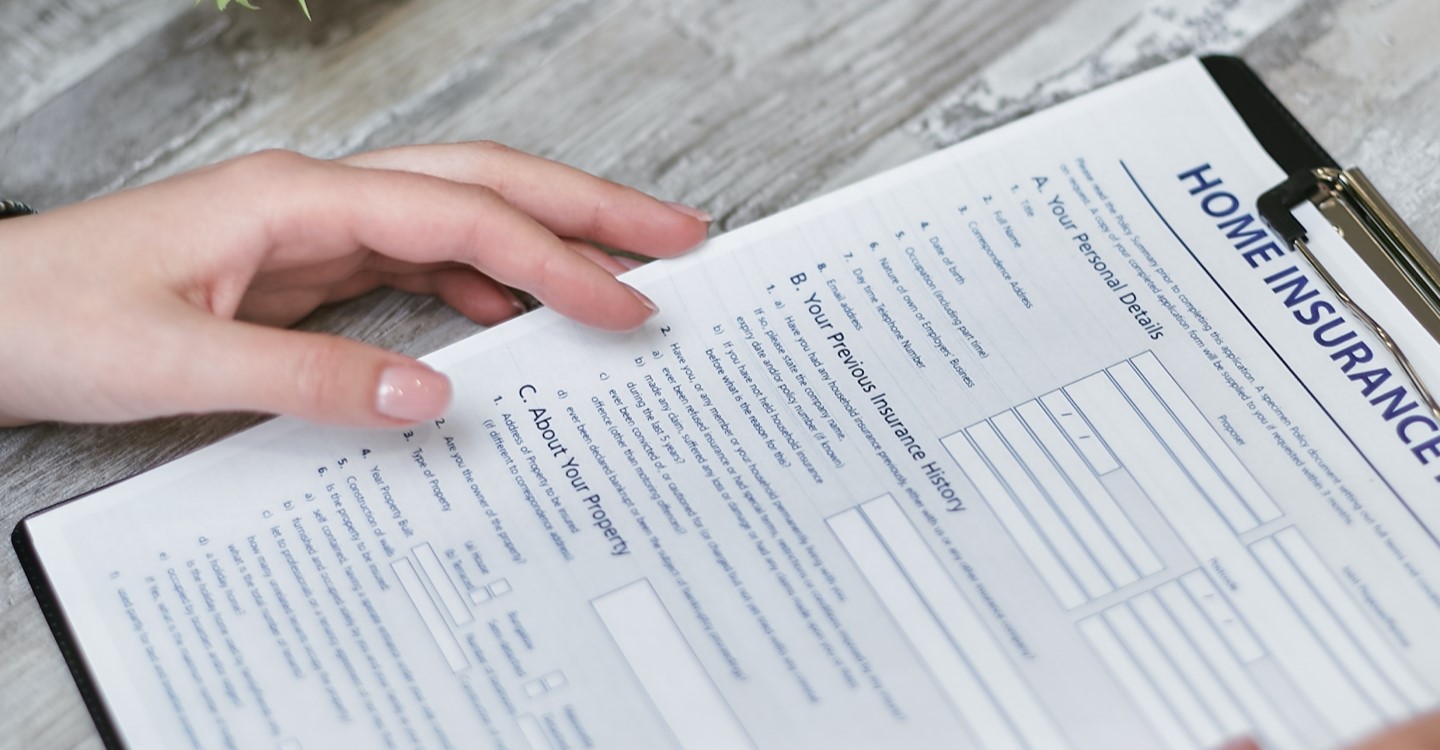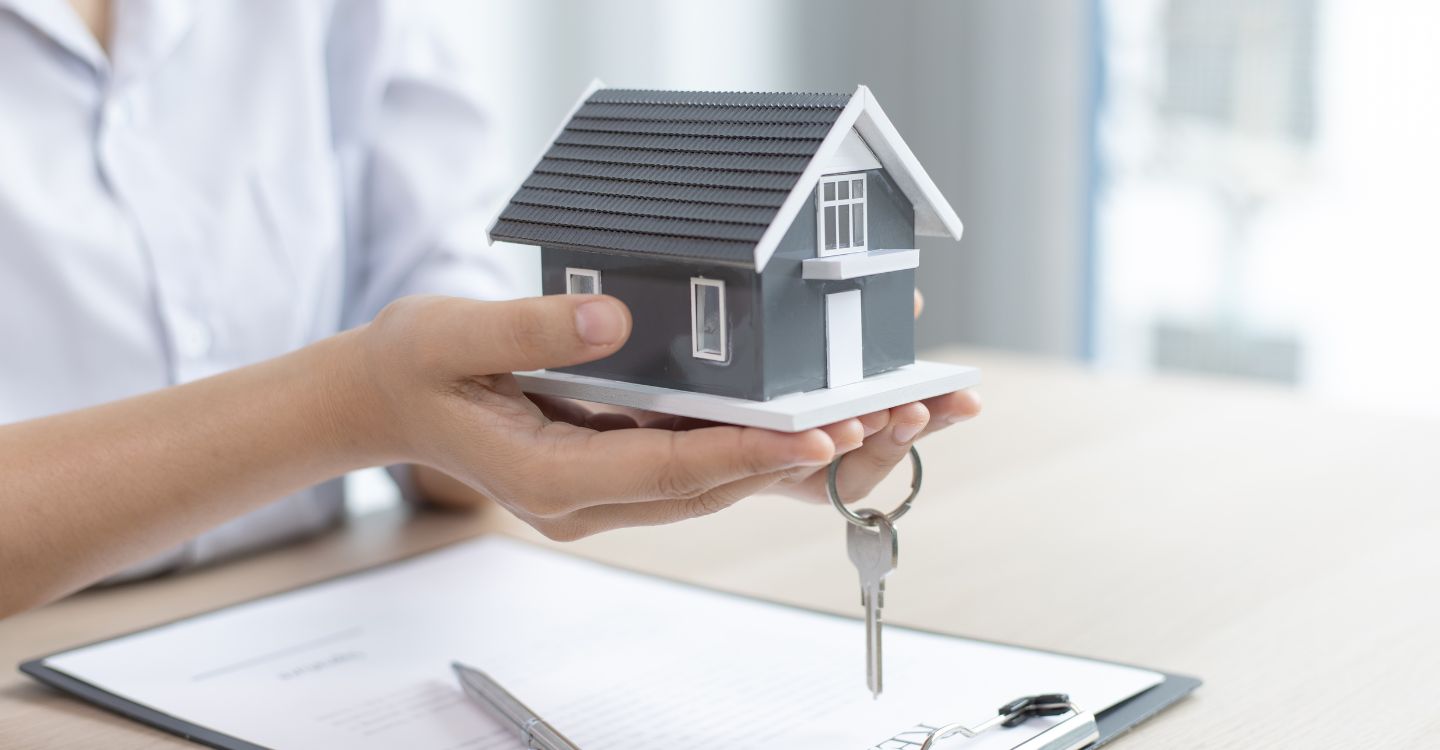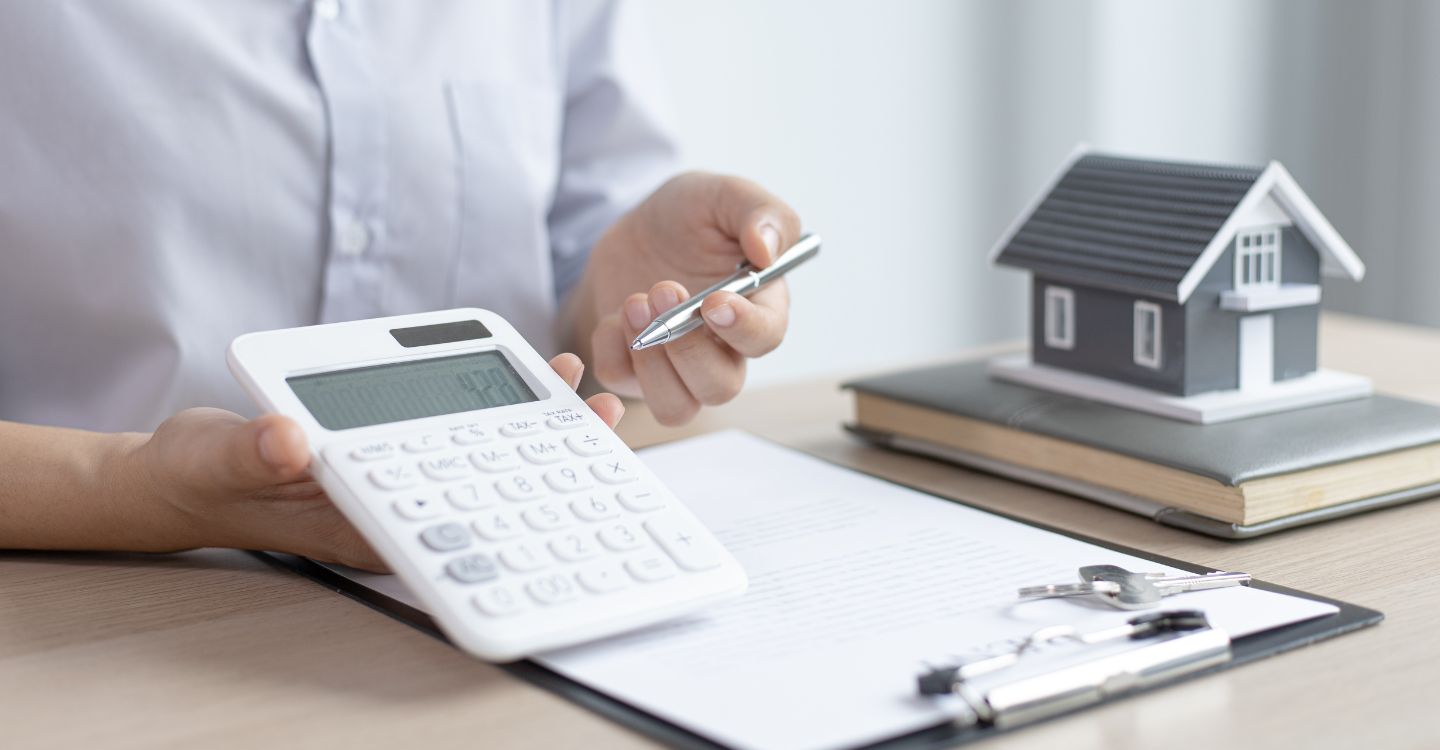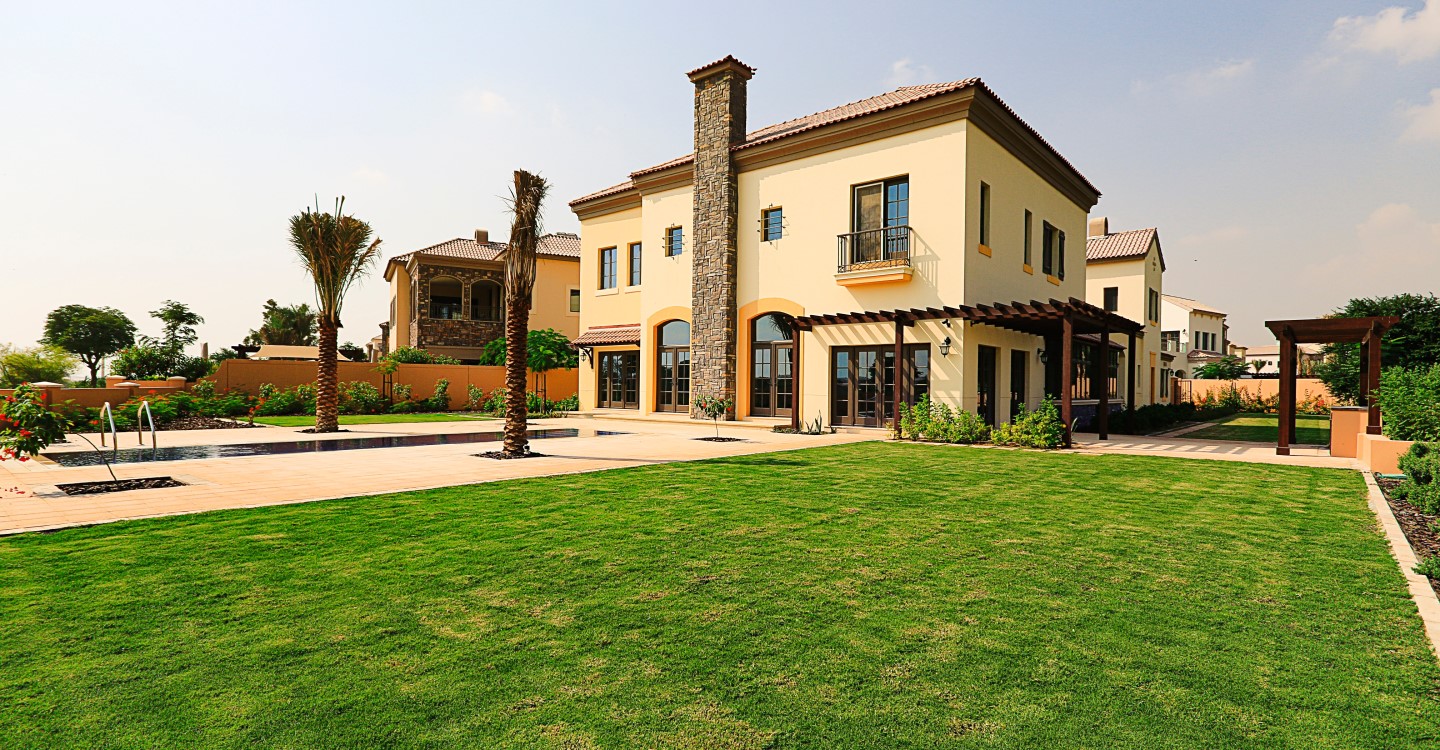
Renewing a tenancy contract in Dubai is a crucial and often intricate process that demands careful attention from both tenants and landlords. The renewal process involves a series of steps that, if not handled correctly, can lead to misunderstandings, conflicts, or even legal issues. Thus, understanding the legal requirements, procedural steps, and best practices is essential to ensure a seamless and hassle-free renewal experience.
Dubai's rental market is regulated by specific laws and guidelines designed to protect the interests of both parties involved. These regulations outline the rights and responsibilities of tenants and landlords, including notice periods, permissible rent increases, and the formalities required for contract renewal. Being well-versed in these regulations can help tenants and landlords navigate the renewal process confidently and competently, ensuring compliance with local laws and minimizing the risk of disputes.
This comprehensive guide aims to demystify the tenancy contract renewal process in Dubai, offering a step-by-step approach to help you manage each aspect efficiently. From understanding the legal framework to preparing for renewal discussions, negotiating new terms, and completing the necessary legal formalities, this guide covers all the essential elements. Additionally, it provides practical tips and best practices that can make the renewal process smoother and more effective.
Whether you are a tenant looking to renew your lease without facing unexpected challenges or a landlord aiming to ensure a fair and lawful renewal process, this guide is designed to equip you with the knowledge and tools you need. By following the insights and tips provided, you can avoid common pitfalls, enhance communication with the other party, and ultimately secure a tenancy contract that meets your needs and complies with Dubai's rental regulations.
1. Understanding the Legal Framework
Tenancy Laws in Dubai
Tenancy laws in Dubai play a vital role in maintaining a balanced and fair rental market, safeguarding the interests of both landlords and tenants. The Real Estate Regulatory Agency (RERA), which operates under the umbrella of the Dubai Land Department (DLD), is the primary body responsible for overseeing these regulations. RERA's primary function is to implement and enforce laws that ensure transparency, fairness, and accountability within the rental market.
The cornerstone of Dubai's tenancy regulations is encapsulated in Law No. 26 of 2007, which was subsequently amended by Law No. 33 of 2008. These laws establish a comprehensive legal framework that outlines the rights and obligations of both landlords and tenants. For landlords, the laws detail the processes for setting and collecting rent, managing properties, and addressing tenant issues. For tenants, the laws provide protections regarding lease terms, eviction procedures, and rental increases.
Key Provisions
• Notice Period: According to RERA, both parties must provide at least 90 days' notice before the contract's expiry if they intend to change any terms or terminate the contract.
• Rent Increase: Any increase in rent must comply with the Rental Index Calculator by RERA, which sets the permissible increase percentage based on market rates.
• Dispute Resolution: The Rental Dispute Settlement Centre (RDSC) handles any conflicts between landlords and tenants.
2. Preparing for Renewal
Review the Current Contract
Begin by thoroughly reviewing your existing tenancy contract. Pay attention to the following details:
• Expiry Date: Confirm the exact date the current lease ends.
• Notice Requirements: Note any specific notice periods mentioned.
• Terms and Conditions: Identify any clauses related to renewal, rent increases, maintenance responsibilities, etc.
Communication with the Landlord
Initiating communication with your landlord or property management company well before your tenancy contract expires is a critical step in ensuring a smooth renewal process. This proactive approach helps both parties clarify intentions, negotiate terms, and avoid last-minute complications that could lead to misunderstandings or conflicts.
Begin by reaching out to your landlord or property management company at least three months before your lease expires. This timeline provides ample opportunity to discuss various aspects of the renewal process and address any concerns or issues that might arise. Express your intention to renew the lease and ask if they have any plans to modify the terms of the current contract. It's important to be clear and direct about your desire to continue renting the property, as this sets the stage for productive negotiations.
During these initial discussions, inquire about any potential rent increases. Understanding the landlord's expectations regarding rent adjustments is crucial, especially given Dubai's regulated rental market. If a rent increase is proposed, ask for a justification based on current market conditions and the RERA Rental Index Calculator. This information will help you assess whether the increase is reasonable and in line with legal guidelines.
It's also a good idea to discuss any changes you might want to make to the lease terms. For example, you might seek to negotiate maintenance responsibilities, payment schedules, or the inclusion of additional clauses that could benefit both parties. Clear communication about these details helps ensure that both you and your landlord are on the same page and that the renewed contract reflects any necessary adjustments.
Throughout this process, maintaining a professional and respectful tone is essential. Open and honest communication fosters a positive landlord-tenant relationship, making it easier to reach mutually beneficial agreements. Keep a record of all correspondence, including emails and meeting notes, as this documentation can be useful if any disputes or misunderstandings arise later.
Discuss the following:
• Intention to Renew: Express your desire to renew the lease.
• Rent Adjustment: Inquire about any potential rent increase and its justification.
• Terms Modification: Discuss any changes you wish to make to the contract terms.
Market Research
Conducting market research is a crucial step in the tenancy renewal process, as it helps you understand the current rental landscape and ensures that any proposed rent increase is justified and reasonable. To begin, start by researching the rental rates for similar properties in your neighborhood. This involves looking at listings for properties that are comparable to yours in terms of size, location, amenities, and overall condition. Websites like Property Finder, Bayut, and Dubizzle can be useful resources for this purpose, offering a comprehensive view of what landlords are charging for similar homes.
Once you have gathered data on current rental prices, you can use this information to assess whether the rent your landlord is proposing aligns with the market trends. This comparison will give you a clearer picture of whether the requested increase is fair or if it might be inflated.
3. Negotiating the Renewal Terms
Rent Negotiation
Based on your market research, negotiate the rent with your landlord. If the proposed increase exceeds the RERA guidelines, present your findings to support your case.
Lease Terms
Negotiate any changes to the lease terms, such as:
• Maintenance Responsibilities: Clarify who is responsible for repairs and maintenance.
• Payment Terms: Discuss any changes in payment frequency or method.
• Additional Clauses: Add any new clauses that may be beneficial, such as options for early termination or subletting.
Documenting the Agreement
Once you and your landlord reach an agreement, ensure that all changes are documented in writing. This can be in the form of an addendum to the existing contract or a new contract altogether.
4. Legal Formalities and Documentation
Drafting the Renewal Contract
The renewed tenancy contract should include:
• Updated Rent Amount: Clearly state the new rent amount and payment schedule.
• Modified Terms: Include any agreed-upon changes to the terms and conditions.
• Duration: Specify the new lease period.
Ejari Registration
Ejari is a mandatory system by RERA that registers all tenancy contracts in Dubai. To renew your contract:
1. Visit an Ejari Center: You or your landlord must visit an authorized Ejari service center or use the online portal.
2. Submit Required Documents:
• Original tenancy contract
• Emirates ID (for both tenant and landlord)
• Title deed of the property
• DEWA bill (latest)
3. Pay the Fees: The renewal fee is typically around AED 220.
Once registered, you will receive an updated Ejari certificate, which is essential for various services like utility connections.
DEWA and Other Utilities
Update your DEWA (Dubai Electricity and Water Authority) account with the new tenancy contract. This ensures continued service without interruptions. Also, update any other utility or service accounts linked to your address.
5. Best Practices and Tips
Early Planning
Start the renewal process at least three months before your current lease expires. This allows ample time for negotiations and addressing any issues.
Clear Communication
Maintain clear and respectful communication with your landlord throughout the process. This can help in negotiating favorable terms and resolving any disputes amicably.
Documentation
Keep copies of all correspondence and documents related to the renewal process. This includes emails, negotiation notes, and the renewed contract.
Professional Assistance
Consider seeking assistance from a real estate agent or legal advisor, especially if there are significant changes to the contract or if disputes arise.
Know Your Rights
Familiarize yourself with your rights as a tenant under Dubai's rental laws. This knowledge can empower you during negotiations and help protect your interests.
Conclusion
Renewing a tenancy contract in Dubai involves understanding legal requirements, effective communication, and thorough preparation. By following the steps outlined in this guide, you can navigate the renewal process smoothly and ensure a fair and beneficial agreement for both parties. Whether you're negotiating rent, updating lease terms, or registering with Ejari, being well-informed and proactive will make the process much more manageable.











